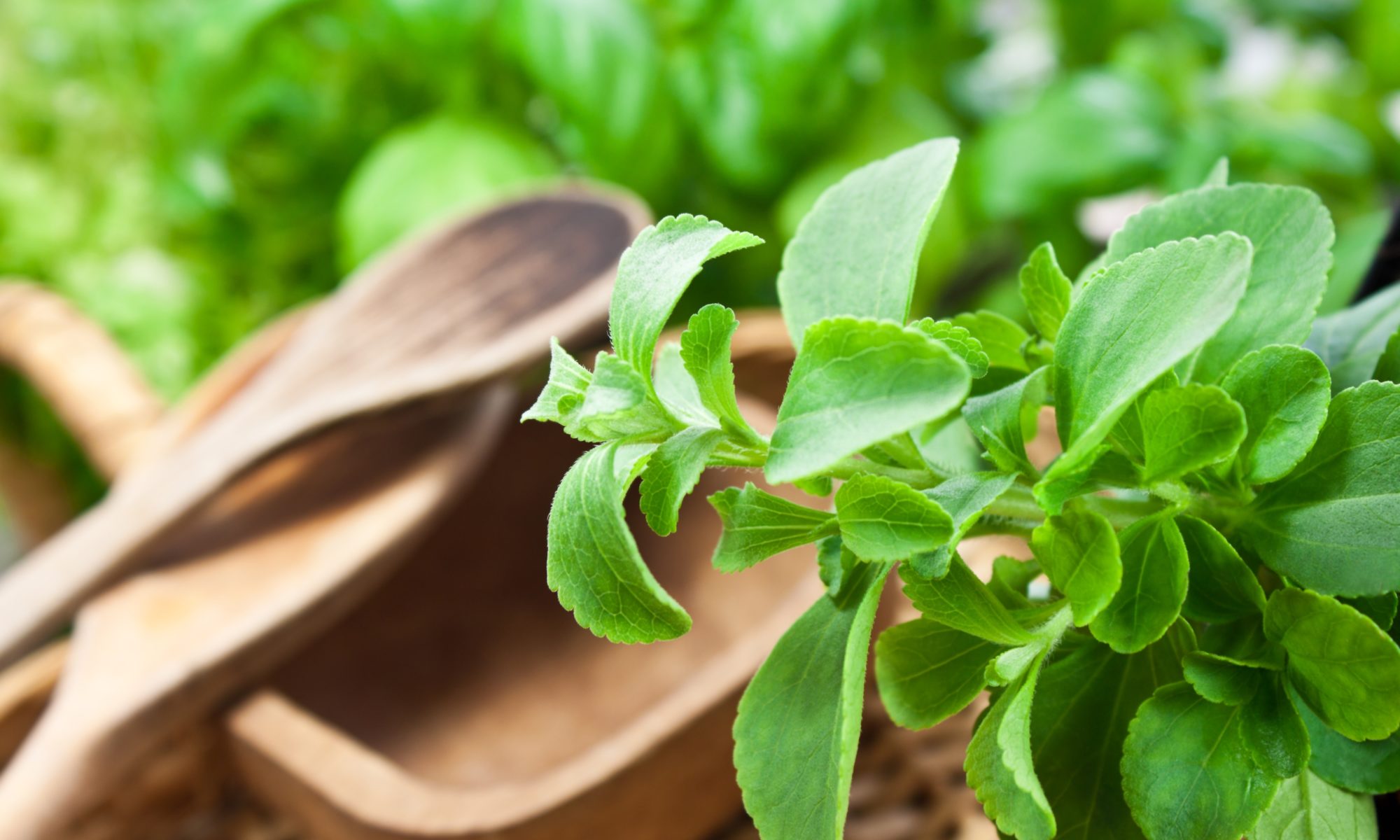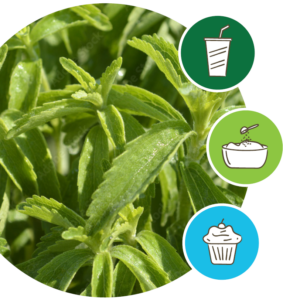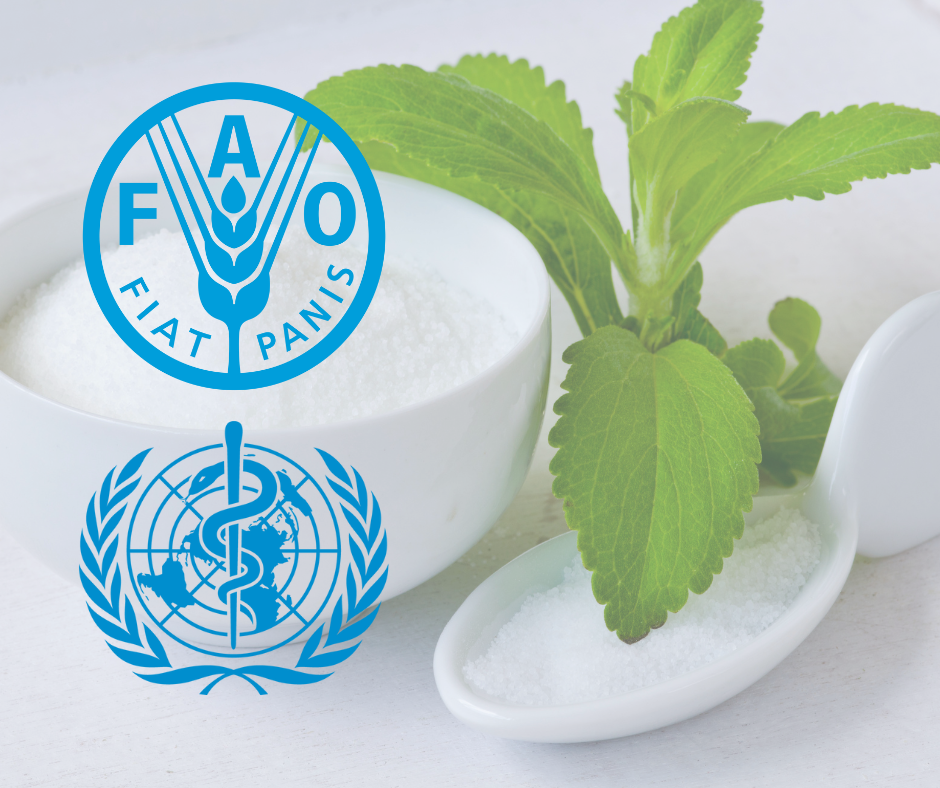Brussels, 19 January 2022 – The International Stevia Council (ISC) is proud to announce that Codex Alimentarius (Codex), the international food standard safety authority, recently adopted the Framework for Steviol Glycosides encompassing four different technologies for the production of steviol glycosides.
The Framework and these production technologies will enable greater access to the full range of stevia ingredients to a significant portion of the world and will continue to answer consumer demand for healthier products.
The four steviol glycoside production technologies approved by Codex now include stevia leaf extract, steviol glycosides from bioconversion, steviol glycosides from fermentation and glucosylated steviol glycosides.
Over the last five years there have been many great advancements in the stevia ingredient space leading to the development of the next generation steviol glycosides with a reduced bitterness and licorice aftertaste and an increased clean taste similar to the taste of sugar.
New technologies have revolutionized the stevia industry by enabling the sustainable production of those steviol glycosides – such as Reb M and Reb D – which have a better sensory profile and a cleaner taste but are found in smaller amounts in the stevia leaf. These ingredients have proven to be safe alternatives to sugar and other sweeteners for all populations.
“ISC was instrumental in getting this new framework approved, which benefits the entire stevia industry,” says Maria Teresa Scardigli, ISC executive director.
“The Framework approach ensures that business operators can put steviol glycosides produced through their various technologies on the market without submitting new dossiers, provided they fulfill the defined criteria and specifications per technology,” said Scardigli. “This is based on the authorities’ review of the production technology, ensuring the highest level of safety, purity and quality is achieved for the final steviol glycoside ingredient put on the market.”
It broadens the options on the use of stevia and gives the flexibility of using stevia from different production technologies depending on formulations.
Consumer demand for stevia continues to grow. Data from Innova shows that global product launches with stevia have increased by 21.9% CAGR over the past 10 years (2011-2021). In the same period, the majority of product launches have taken place in North America, Asia and Western Europe.
Furthermore, there has been an increase of more than 35% of new product launches with stevia in regions such as Eastern Europe, Australasia, Africa and the Middle East in this same time period. The adoption by Codex will open more markets for the use of stevia.
Beverage continues to be the leading category for new product launches with stevia, while sports nutrition, supplements, dairy, snacks and confectionery are also seeing significant growth. New emerging categories include desserts, ice cream, bakery products and cereals.
According to Nielsen*, US retail sales of products containing stevia cut across all food categories represent USD 3.9 billion out of the total food and beverage retail sales. In the past two years, categories such as diet and performance nutrition had stronger growth rates in the US and are growing faster than similar products using other sweeteners, likely as a result of the pandemic.
Data from Innova shows that Western Europe has also experienced a significant growth of products launched with stevia from 2011-2021 with a 10-year CAGR of 38.0%. Of those launches, 62.2% occurred in five countries: United Kingdom, Germany, Netherlands, France and Spain.
In 2021, in Western Europe, a significant portion of the product launches were in the sports nutrition category which took the lead from soft drinks in 2018. Other leading categories include soft drinks, supplements, confectionary, hot drinks, desserts, ice cream and dairy. Given the growth of this market space, it is likely that the global trend of sugar reduction continues to be top of mind and relevant for consumers.
“As we look forward to 2022 and beyond, we are confident that our organization will continue to make strides in terms of our vision and strategic imperatives,” said Scardigli. “Our mission is to improve the diets and health of people globally by addressing sugars and calories in food, to support stevia and steviol glycosides as safe and trusted sweeteners, and to promote its wide variety of uses as a sweetener.”
*Nielsen xAOC latest 52 weeks ending 12.4.21
###
About the International Stevia Council
The International Stevia Council (ISC) is the authoritative voice of the stevia industry, representing all the players in the stevia value chain, from stevia leaf growers and producers, stevia leaf extracts producers and steviol glycosides producers, users of stevia and steviol glycosides in final consumer products and flavour houses. ISC activities aim at promoting the use of stevia and steviol glycosides as a sweetener so as to improve the diets and health of people globally by moderating calories in food. The ISC is a 501 (c) (6) not-for-profit global organization incorporated under the law of the State of Delaware in the United States (US). To learn more, please visit our website at: https://internationalsteviacouncil.org/














